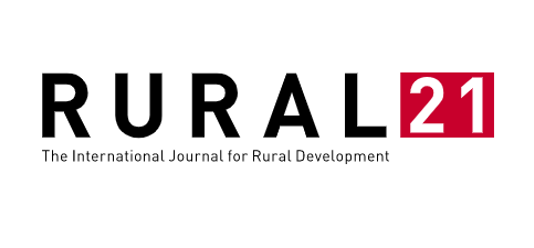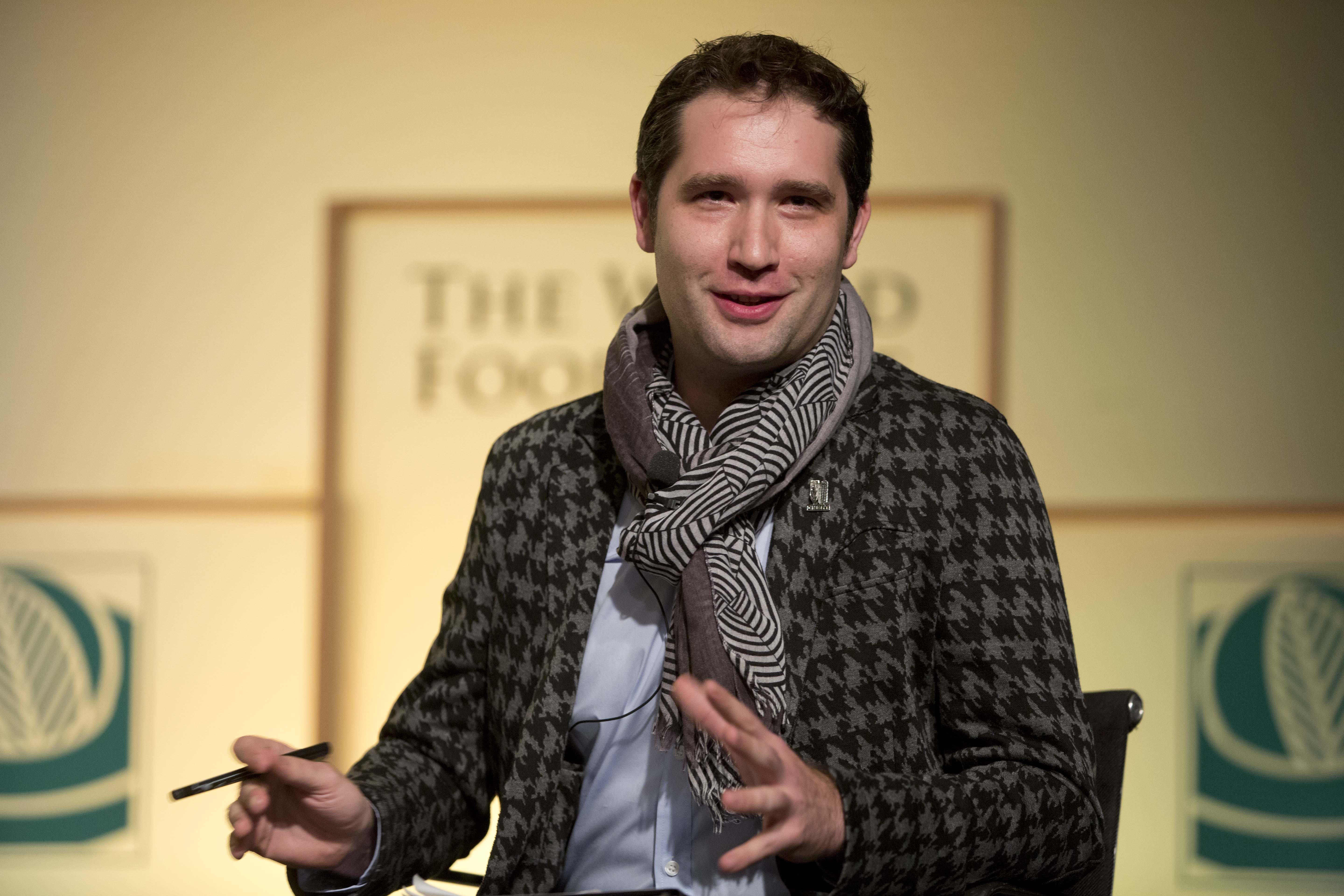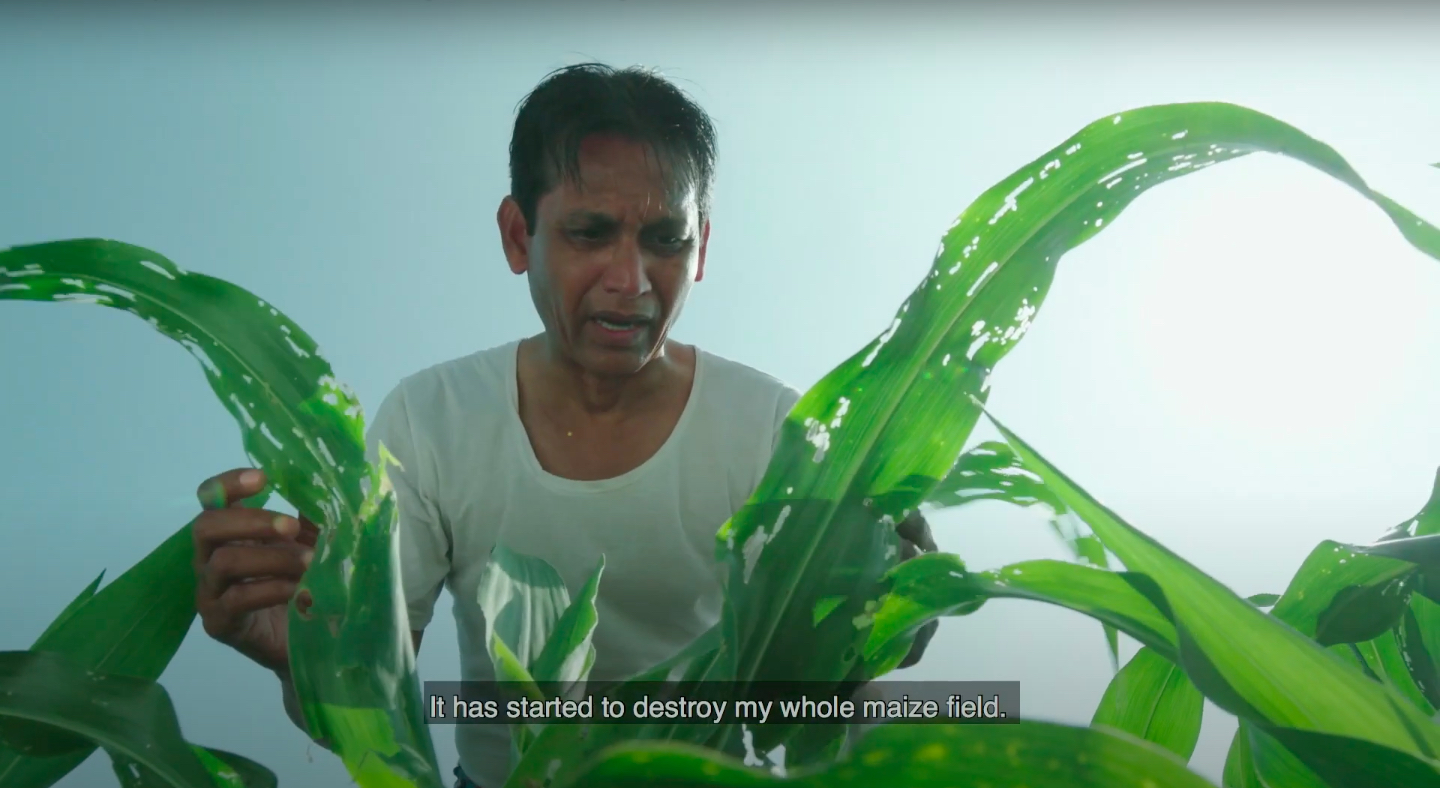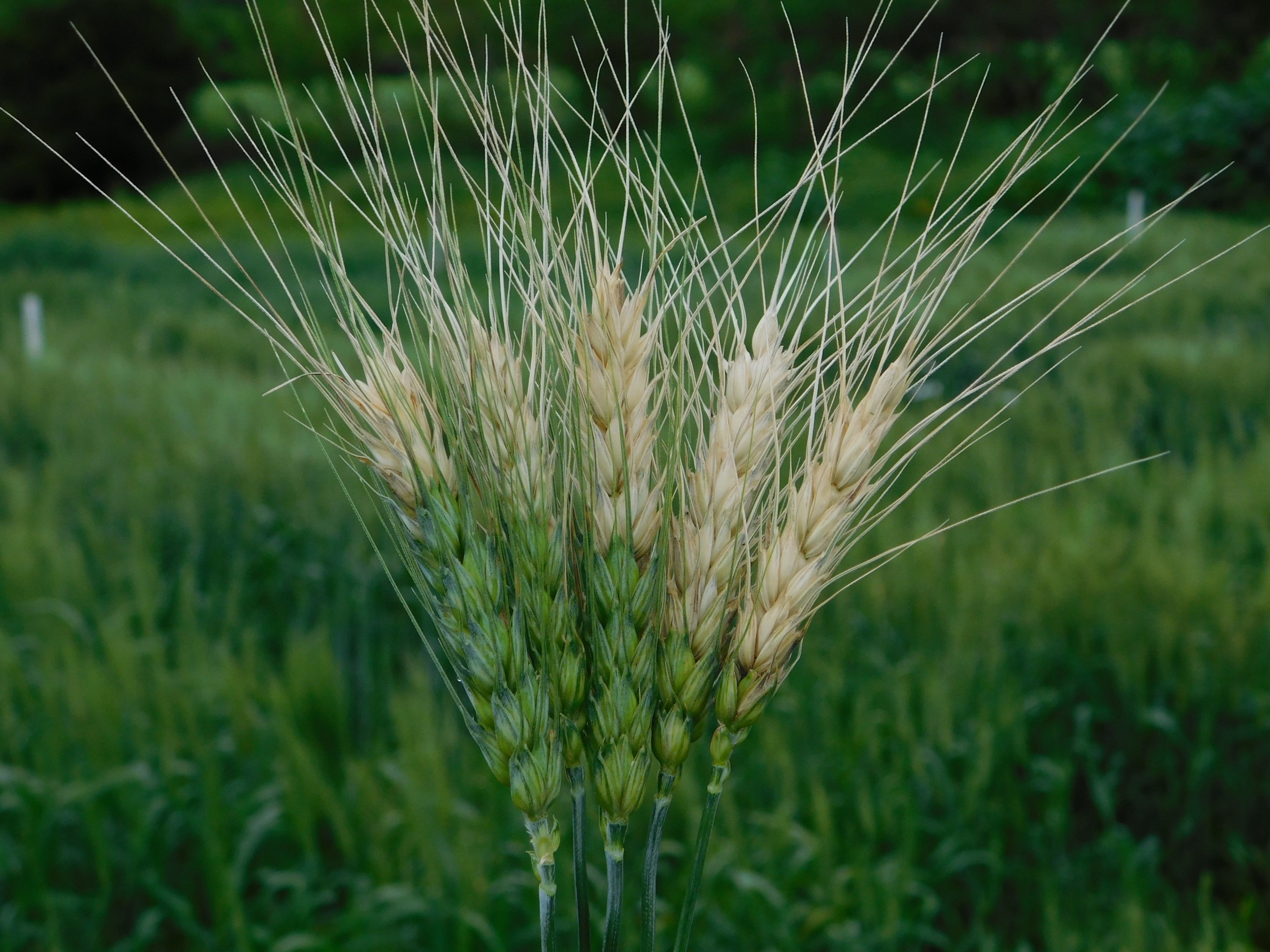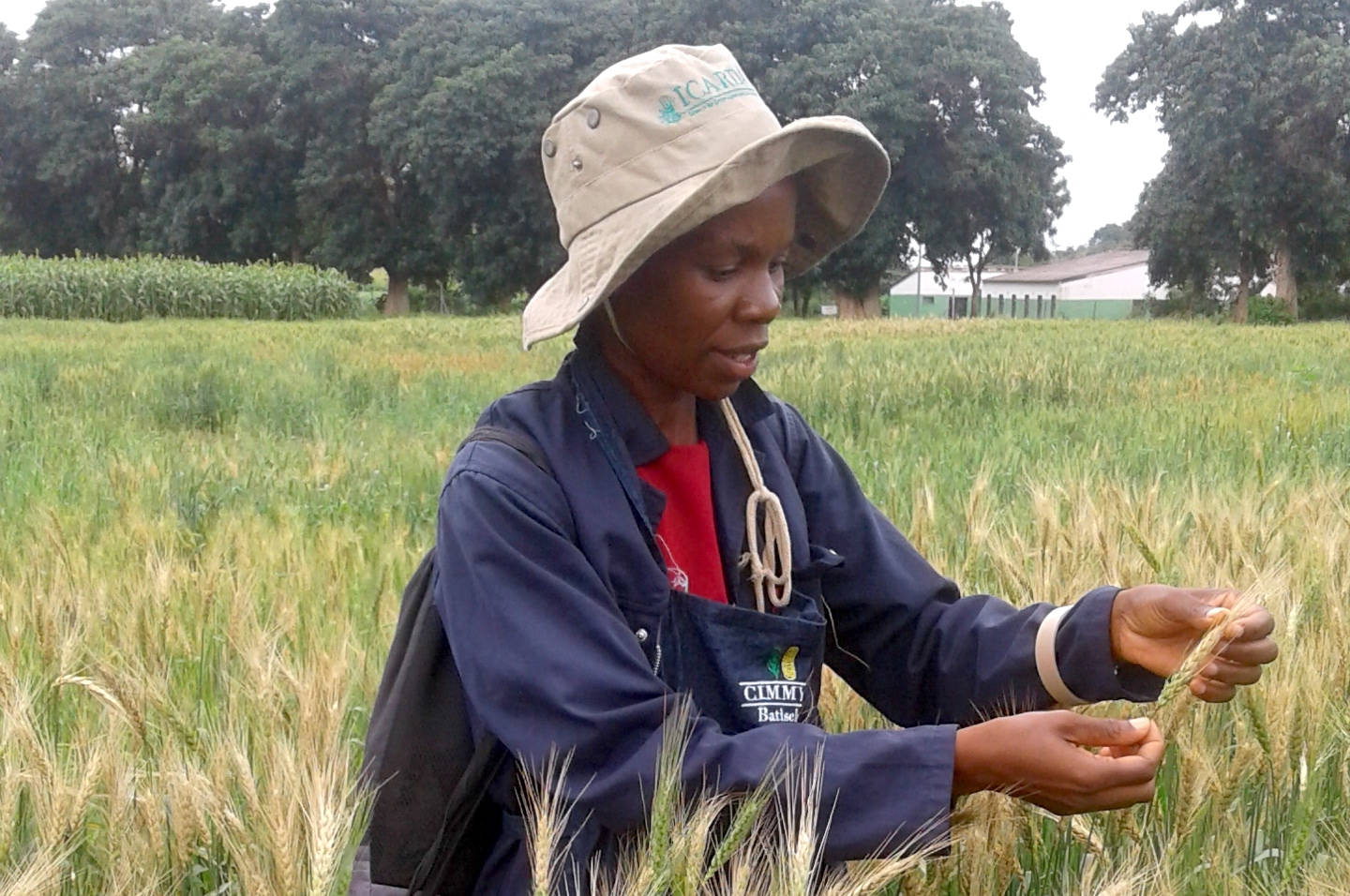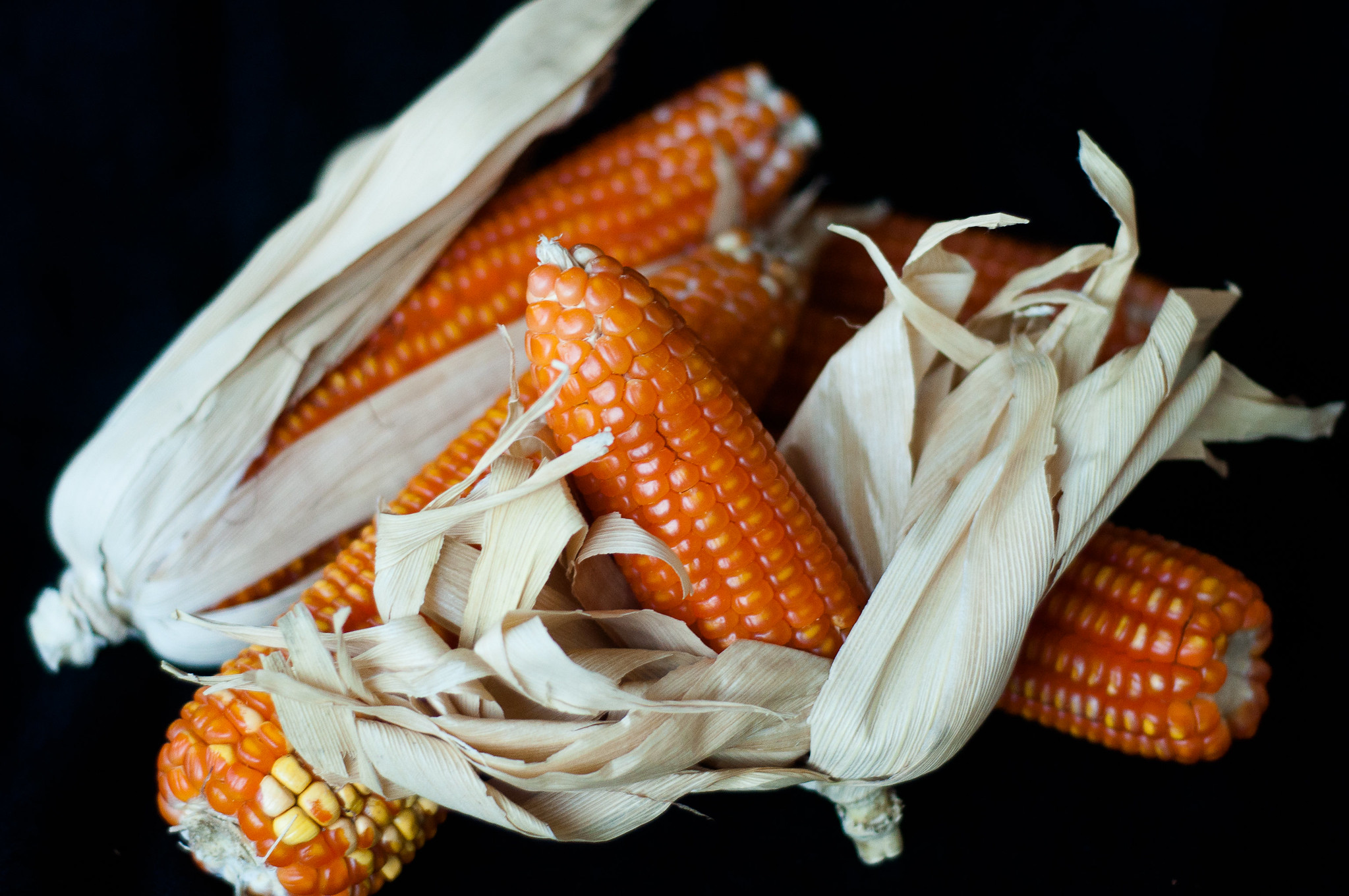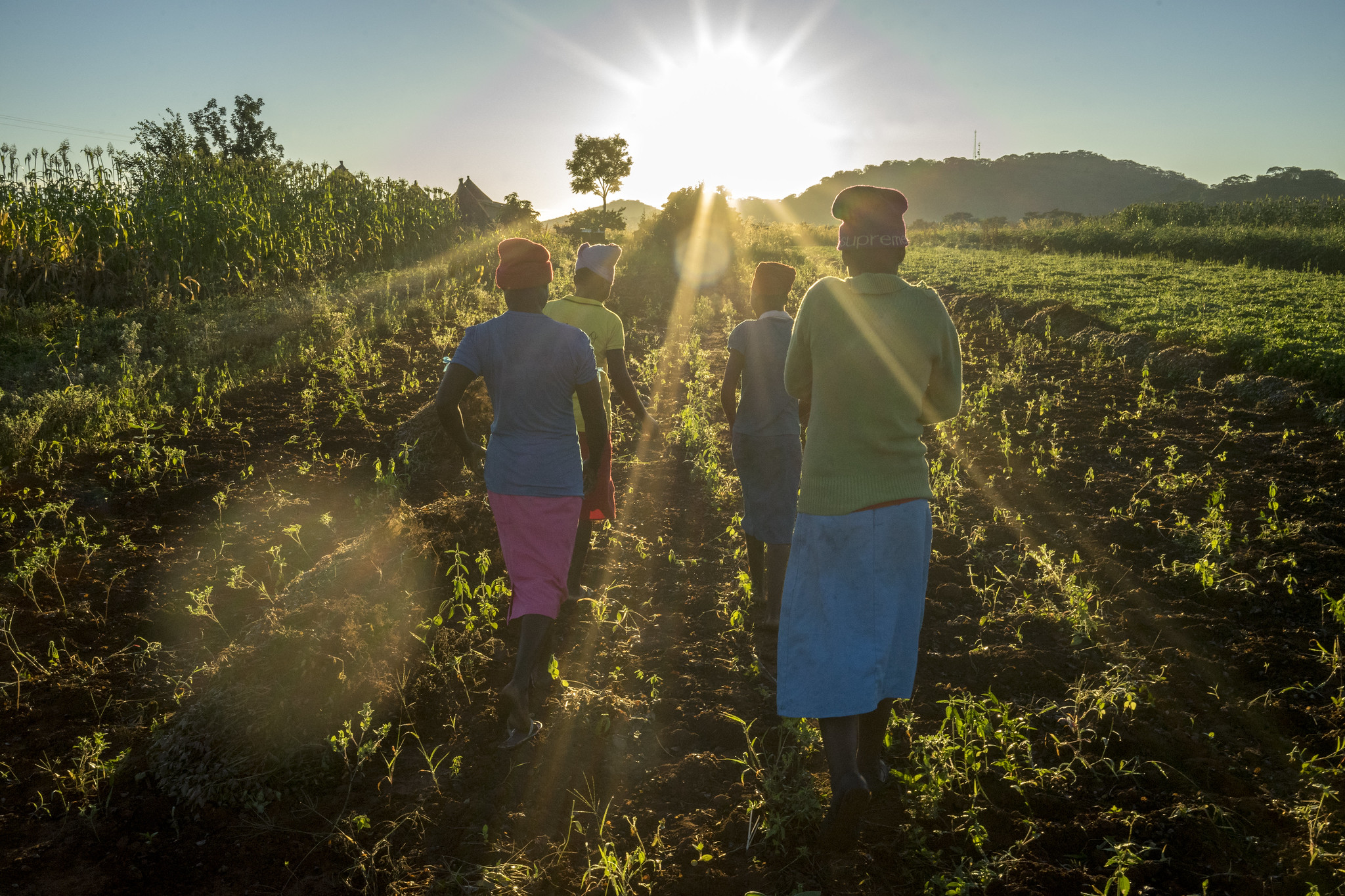Nutrition, health and food security
As staple foods, maize and wheat provide vital nutrients and health benefits, making up close to two-thirds of the world’s food energy intake, and contributing 55 to 70 percent of the total calories in the diets of people living in developing countries, according to the U.N. Food and Agriculture Organization. CIMMYT scientists tackle food insecurity through improved nutrient-rich, high-yielding varieties and sustainable agronomic practices, ensuring that those who most depend on agriculture have enough to make a living and feed their families. The U.N. projects that the global population will increase to more than 9 billion people by 2050, which means that the successes and failures of wheat and maize farmers will continue to have a crucial impact on food security. Findings by the Intergovernmental Panel on Climate Change, which show heat waves could occur more often and mean global surface temperatures could rise by up to 5 degrees Celsius throughout the century, indicate that increasing yield alone will be insufficient to meet future demand for food.
Achieving widespread food and nutritional security for the world’s poorest people is more complex than simply boosting production. Biofortification of maize and wheat helps increase the vitamins and minerals in these key crops. CIMMYT helps families grow and eat provitamin A enriched maize, zinc-enhanced maize and wheat varieties, and quality protein maize. CIMMYT also works on improving food health and safety, by reducing mycotoxin levels in the global food chain. Mycotoxins are produced by fungi that colonize in food crops, and cause health problems or even death in humans or animals. Worldwide, CIMMYT helps train food processors to reduce fungal contamination in maize, and promotes affordable technologies and training to detect mycotoxins and reduce exposure.
Wheat blast has made the intercontinental jump to Africa
 Environmental health and biodiversity
Environmental health and biodiversity
Source: Rural 21 (9 Oct 2020)
Wheat blast poses a serious threat to rain-fed wheat production in Zambia and raises the alarm for surrounding regions and countries on the African continent with similar environmental conditions.
Food production in Africa: Role of improved seeds in enhancing food security
 Climate adaptation and mitigation
Climate adaptation and mitigation
Source: CGTN Africa (9 Nov 2020)
CIMMYT maize breeder Yoseph Beyene discusses drought-tolerant maize and maize with resistance to fall armyworm.
Honoring the life and legacy of Donald Winkelmann
 Nutrition, health and food security
Nutrition, health and food security
Former director general Donald Winkelmann was instrumental in achieving growth and recognition for CIMMYT.
Leading US agronomy organization awards fellowship to CIMMYT agri-food systems expert
 Nutrition, health and food security
Nutrition, health and food security
Bram Govaerts receives the highest distinction offered by the American Society of Agronomy.
Jamal conquered his dreams through maize farming
 Capacity development
Capacity development
A new video dramatizes the human stakes of the battle against fall armyworm and shows how techniques developed by CIMMYT and partners are helping farmers beat the pest.
Scientists find genomic regions associated with wheat blast resistance in CIMMYT nurseries
 Environmental health and biodiversity
Environmental health and biodiversity
Genomic-wide association study evaluated samples from Bolivia and Bangladesh for blast-resistant genes.
Starting with Seeds
 Climate adaptation and mitigation
Climate adaptation and mitigation
CIMMYT and partners in sub-Saharan Africa work with seed companies to invest in deployment of climate-resilient and nutritionally enriched maize seed.
Efforts in controlling maize disease boosting steady supply of certified seeds
 Environmental health and biodiversity
Environmental health and biodiversity
Source: Kenya Broadcasting Company (5 Oct 2020)
CIMMYT and partners are supporting the commercial seed sector to produce seed free from the maize cause of maize lethal necrosis.
Seed Seekers, Seed Keepers, Seed Growers
 Nutrition, health and food security
Nutrition, health and food security
Source: Seed World (1 Oct 2020)
CIMMYT’s seed bank preserves the genetic diversity of maize and wheat so the crops can adapt to a changing production environment.
Tangible agricultural solutions shine at first online AGRF
 Innovations
Innovations
CIMMYT puts forward integrated systems, healthy diets and One CGIAR agronomic innovation at first-ever virtual edition of the African Green Revolution Forum.
The search is on for nontoxic solutions to fall armyworm across Africa
 Nutrition, health and food security
Nutrition, health and food security
Source: Devex (29 Sep 2020)
Farmers in South Sudan using fall armyworm-specific biological control Fawlingen have shown a 63% increase in yield compared to untreated plots.
Wheat blast has made the intercontinental jump to Africa
 Nutrition, health and food security
Nutrition, health and food security
Researchers in Zambia confirm the arrival of this devastating fungal disease to the African continent.
Partners in nutrition
 Nutrition, health and food security
Nutrition, health and food security
Strong partnerships key to making healthy diets affordable and meeting global nutrition challenges, says CIMMYT researcher Natalia Palacios at 2020 African Green Revolution Forum.
50 years building peace through agriculture
 Nutrition, health and food security
Nutrition, health and food security
The Nobel Peace Center, Mexico’s government and CIMMYT celebrate the International Day of Peace and honor the legacy of Norman Borlaug, who saved one billion lives because “You can’t build peace on empty stomachs.”
CIMMYT and IITA collaborate to increase adoption of conservation agriculture in southern Africa
 Innovations
Innovations
New project will research and promote the adoption of sustainable farming method and practices.
